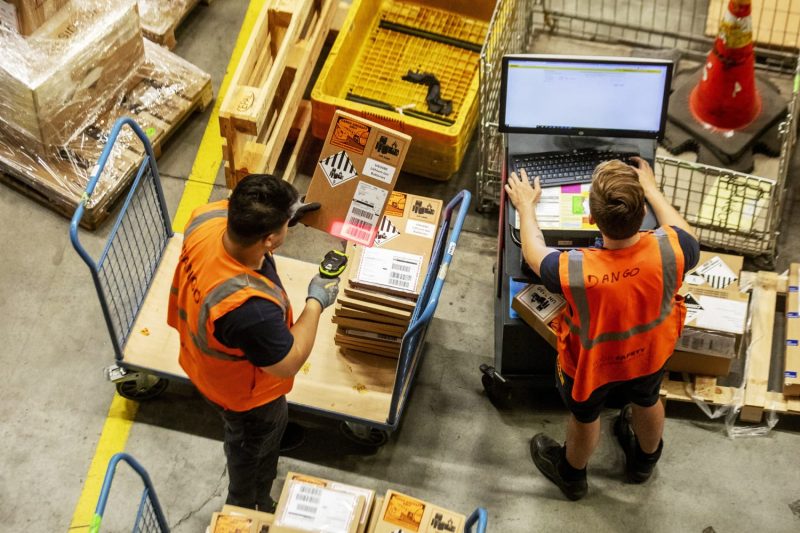In the world of global commerce, the interconnected network of companies, suppliers, and consumers relies on a delicate balance to function smoothly. The flow of products, services, and information across borders is what drives the economy and shapes the fate of nations. However, this intricate web of global trade is not immune to disruptions. As seen in recent events, a single failure can have a domino effect, causing widespread chaos and economic turmoil.
One such example of this fragility is the Suez Canal blockage incident in March 2021. The grounding of the container ship Ever Given resulted in the obstruction of one of the world’s most vital waterways for nearly a week. The repercussions of this single failure rippled across the global supply chain, highlighting the vulnerable nature of our interconnected economy.
The Suez Canal serves as a key artery for the transportation of goods between Europe and Asia, with billions of dollars’ worth of cargo passing through its waters daily. The blockage of this crucial waterway led to a significant backlog of vessels waiting to transit, disrupting scheduled deliveries and causing delays in the transportation of essential goods. From oil tankers to consumer products, the impact of the Ever Given’s mishap was felt far and wide.
The fragility of the global commerce network was further exposed as the ripple effects of the Suez Canal blockage spread beyond transportation. Manufacturers faced shortages of crucial components and raw materials, leading to production delays and increased costs. Retailers struggled to replenish their shelves, causing frustration among consumers and highlighting the vulnerabilities in the supply chain.
The interconnected nature of global commerce means that a disruption in one part of the world can quickly cascade into a larger crisis with far-reaching consequences. The dependence on just-in-time inventory management and lean supply chains leaves little room for error, making the system susceptible to shocks and failures.
In the aftermath of the Suez Canal incident, calls for greater resilience and redundancy in the supply chain have grown louder. Companies are reevaluating their sourcing strategies, diversifying their supplier base, and exploring alternative transportation routes to mitigate the risks of future disruptions. The need for increased transparency, communication, and collaboration among stakeholders has become paramount in building a more resilient global commerce network.
As we navigate the complexities of an increasingly globalized economy, it is crucial to recognize the fragility of the web that binds us together. A single failure, whether a natural disaster, political upheaval, or human error, has the potential to disrupt the delicate balance of global commerce. By acknowledging these vulnerabilities and working together to strengthen the resilience of our supply chains, we can better prepare for the uncertainties that lie ahead.




























